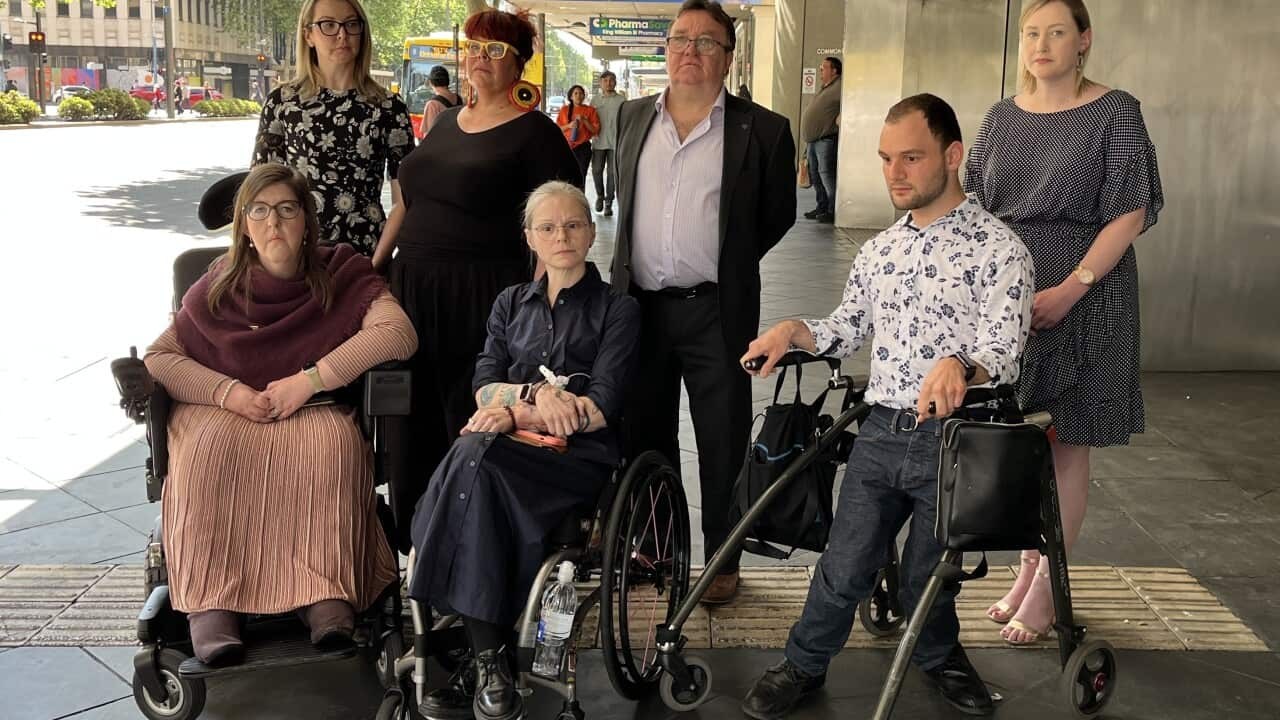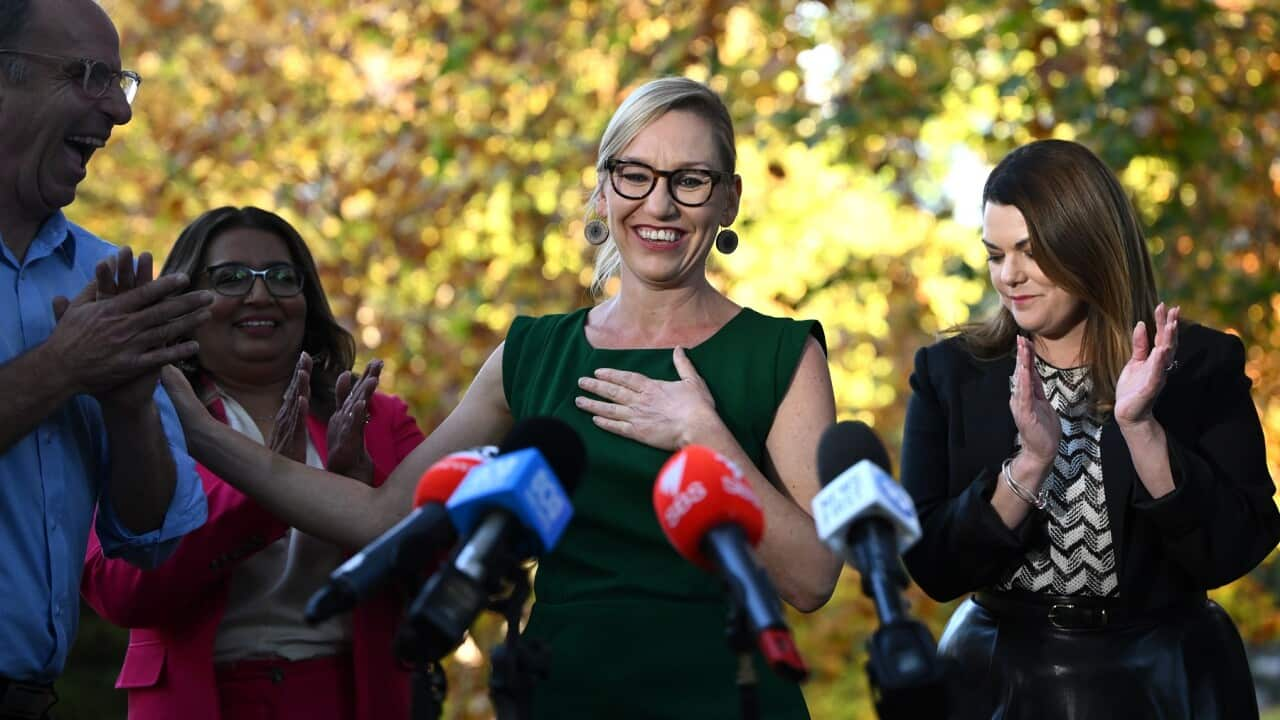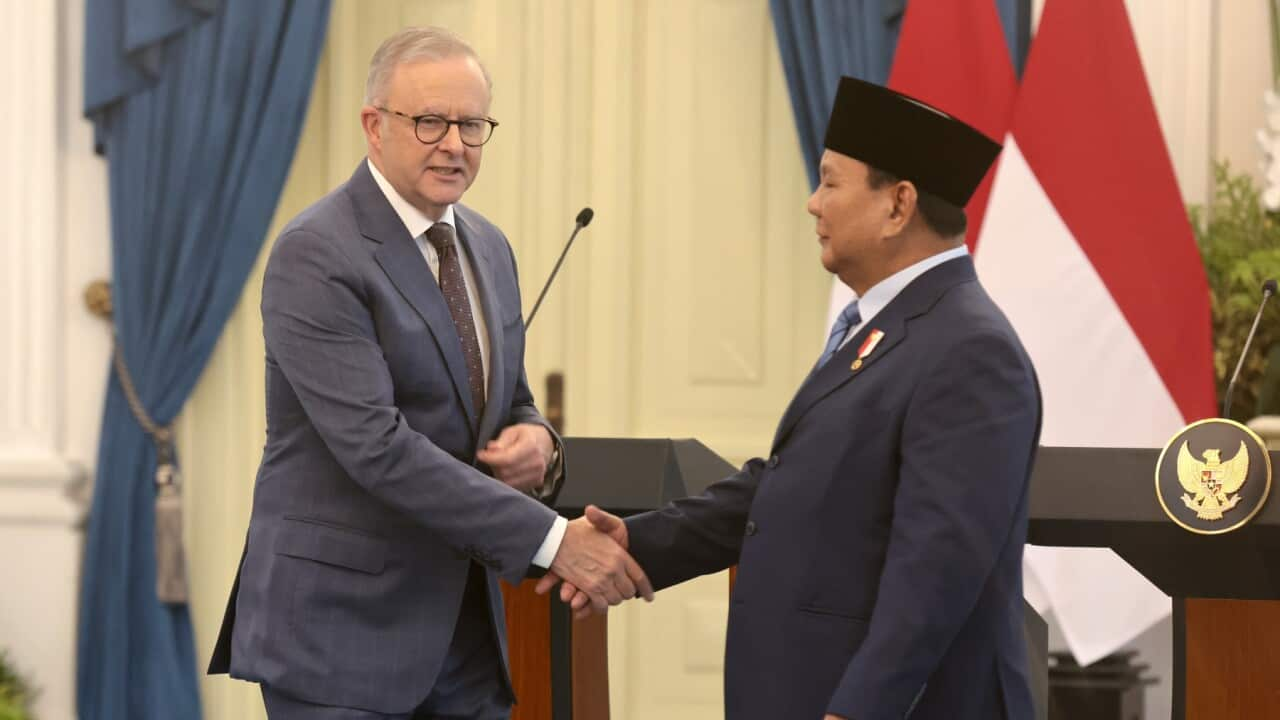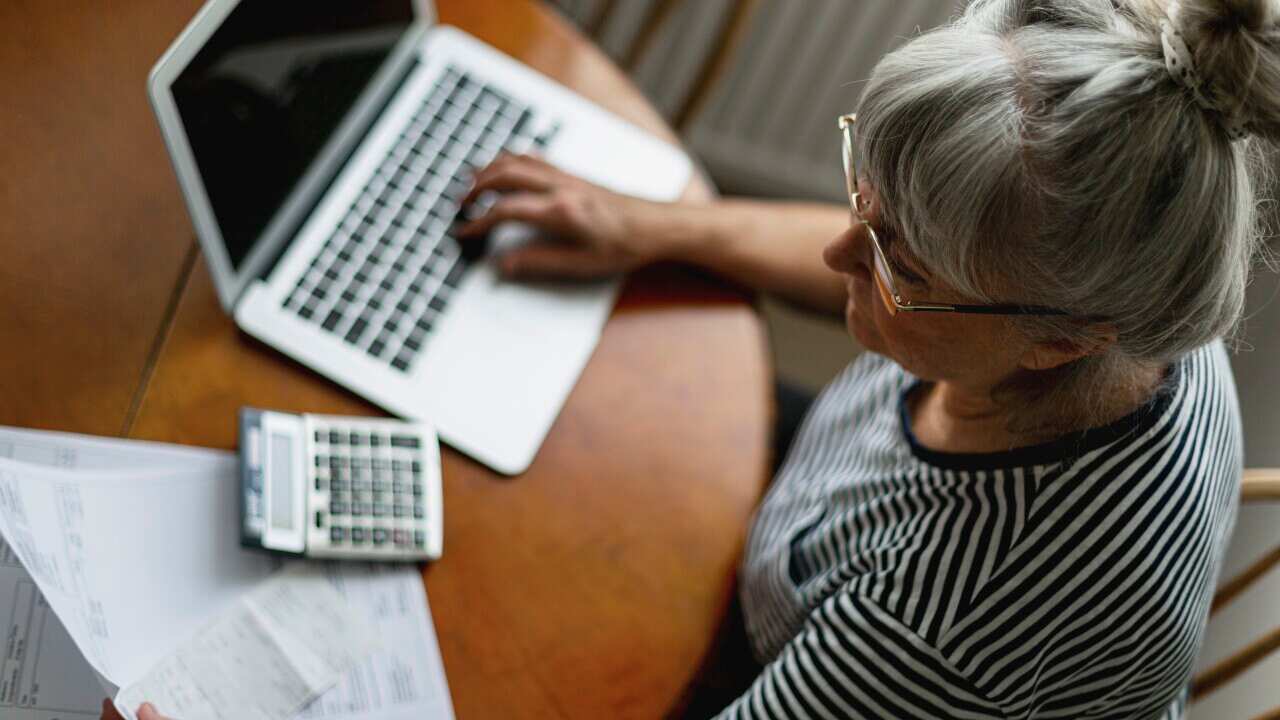TRANSCRIPT
Biwa Kwan
There's been a lot of evidence given- just your reflections on the significance of today.
Carolyn Frohmader
Well, it's mixed, to be honest. It's traumatic, it's highly emotional. So many of us over so many years have worked so hard for this and put ourselves out there and on the line and disclosed think things that have just been horrific. And so it's a day of mixed emotions. I think, to be honest, it's a relief that we have the final report. It's also kind of scary about, well, in a way, our work starts now, even though I said that some of us have been working towards this for over two decades now that the final report is out in a way, our work starts now because we need to ensure that the recommendations are implemented, that it is not just, we need to see major reform. And a lot of that will involve law reform. And so we don't want to see this being a Royal Commission, a report that just sort of ends up going nowhere. We need to see reform across a whole range of areas. And some of that will be difficult because it will involve significant law reform.
Biwa Kwan
Absolutely, Carolyn, and I mean over 200 recommendations and nearly 5,000 pages, 13 volumes, we can't cover them all those recommendations, but just in terms of if you can share your story or the testimony that you gave towards the commission, Australians may need to remember over the past four years that a lot of haring and very real experience has been shared perhaps for the first time for some listeners and for some Australians who weren't aware
Carolyn Frohmader
Very much. And just from our organization's point of view, we provided 20 something formal submissions. Some of those were 400 pages long, highly evidence-based, grounded in the voices of our members. And I should also add that we need to remember that some of the advocates who work towards getting this rural commission are no longer with us. And we also need to remember that people have died and continue to die through violence, abuse, exploitation, and neglect. I think when we're talking about a 13 volume final report and the amount of recommendations, obviously there will need to be priorities. And for us, some of those priorities are very clear. And so for example, we need to see an end, a complete end to segregation of people with disability in all settings, in all contexts. We must see people with disability. We must see an end to forced treatments, restrictive practises, forced medical interventions, forced sterilisation, forced contraception, issues like that. We need to see urgent work to address indefinite detention that of liberty, particularly of First Nations people and people with intellectual disability and psychosocial disability. And as I said, a lot of these things are going to require significant resourcing law reform. I also think, and as I said, I haven't had time obviously to digest the report at this point, but we would also be demanding that there'd be a full redress and reparation scheme and as a result, as an outcome because, and that has been recommended by the convention, the committee on the rights of people with disability who obviously monitor the Australia's implementation of the convention on the rights of persons with disability. So there's obviously a lot when you have 200, what did you say, 222 or however many recommendation. Yeah,
Biwa Kwan
222 recommendations, 5,000 pages over 13 volumes.
Carolyn Frohmader
That's right. So there are going to need to be priorities. And for us, for our organisation particularly, and I'm sure many of our colleague organisations, we need to look at addressing urgently some of the most egregious human rights violations, which are still continue in this country, and many are still permissible under and facilitated by Australian law. So I guess what I would be saying is that we must prioritise those egregious human rights violations that are still allowed in this country. And there is no excuse anymore. We are a wealthy country. There's absolutely no excuse that we are still seeing practises like forced sterilisation, forced contraception, people with disability being othered, segregated into special schools, group homes, other forms of institutional settings. It's just not acceptable. And so I think once we get a chance to digest and go through, we will be looking at those areas that we feel absolute priority areas. This was a very long Royal Commission. There was an extraordinary amount of money spent on this rural commission. And as I said, in many ways for advocates, for many of us, our work starts now.
Biwa Kwan
And Carolyn, can you share any, either your story or the testimony you said you facilitated a lot of testimony to be given before the commission, because I think lived experience is really important here. And we've mentioned some examples, but either a story that stuck out in your mind that you helped to share or your own story.
Carolyn Frohmader
Well, there are so many. I think as you said, our organisation, as did others, help to facilitate people whose voices would otherwise have not been heard. So who would never have been able to front up and give evidence at a public hearing or necessarily put in a submission. And so I'm talking about, well, for us it was women in group homes, women who'd been in institutional settings their entire life. Women who had, for example, been subject to forced contraception for 45 years of their 50 year life been, I'm being told it was the flu injection when they're actually being given long acting contraceptives like Depo-Provera.
We facilitated women in those types of settings, graphic, highly graphic stories of lifetimes, of sexual violence, of being raped by support workers, of being raped by people in the community of, and yet having absolutely no access to justice because they had an intellectual disability. So police detectives and so on would say, well, they're just not a credible witness because they have an intellectual disability. So we gave stories of, provided the testimony and stories of some of these women who, as I said, had experienced gross sexual violence, gang rapes, you name it, for decades, and including by people who were supposedly meant to be caring for them in these settings, and yet were unable to have any recourse to justice because they had an intellectual disability. So I mean, I could go on. We provided testimony, stories, photos, you name it, of particularly women in these types of settings showing the most abject neglect, toenails growing through into skin.
It makes me really distressed even to talk to you about it because some of these women who we help to tell their story are still in those places and still subject to these things. So this is why one of the worst things as a country that we do and we continue to do is to segregate people with disability often into settings where they're hidden, where it's very difficult for them to seek recourse or make complaints, or particularly when some of the people who are perpetrating that violence against them are actually the people who are charged with supposedly caring for them.













